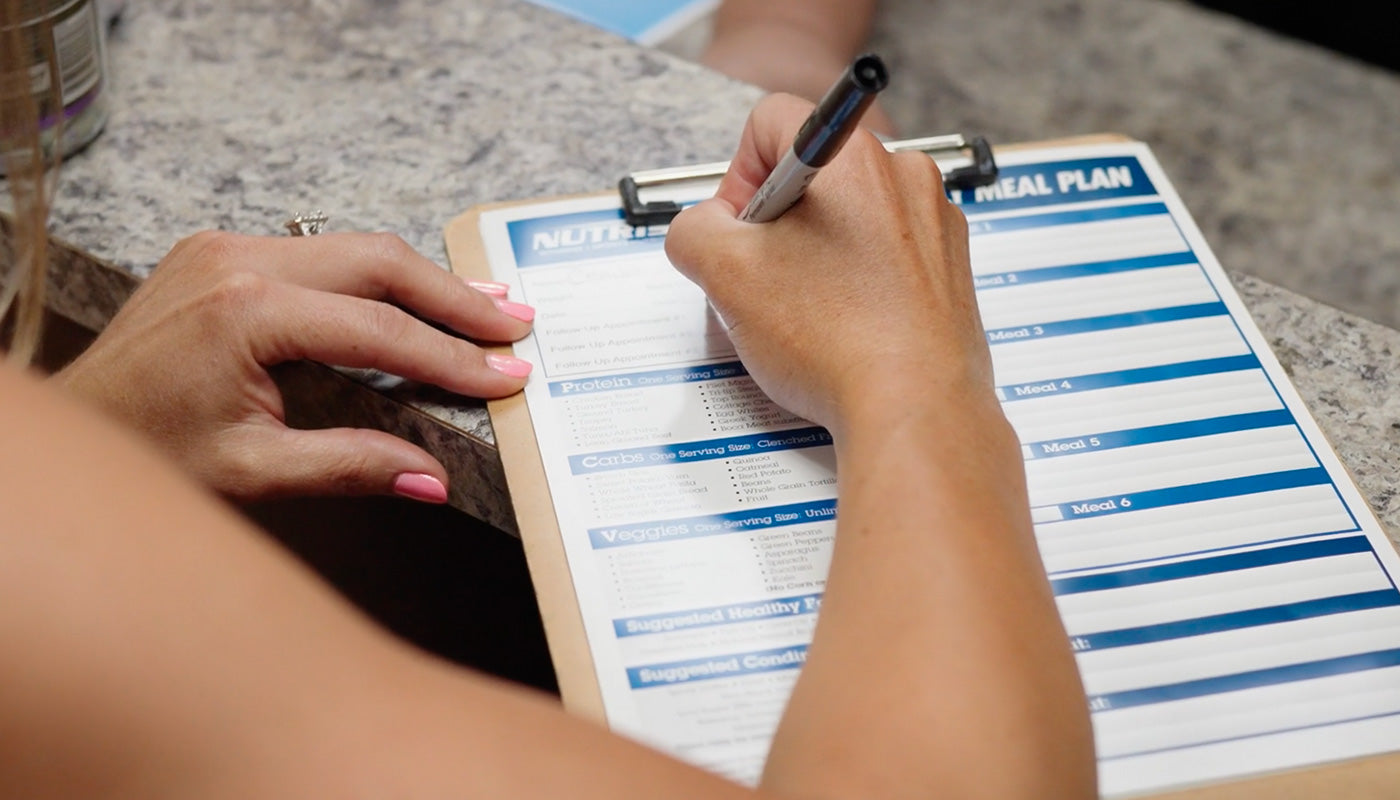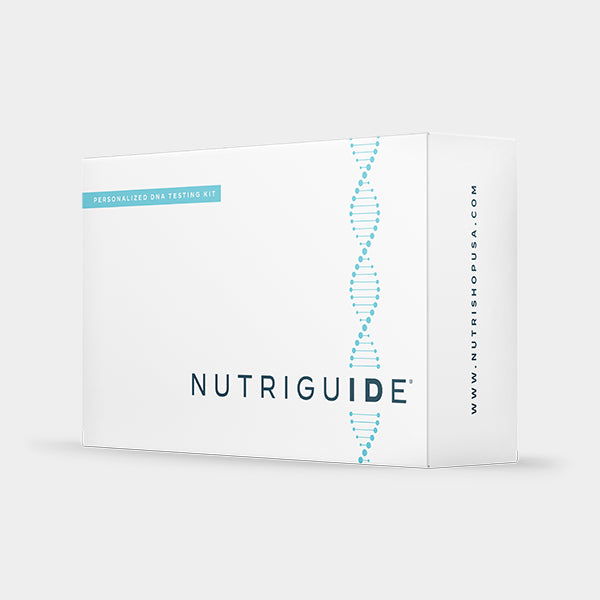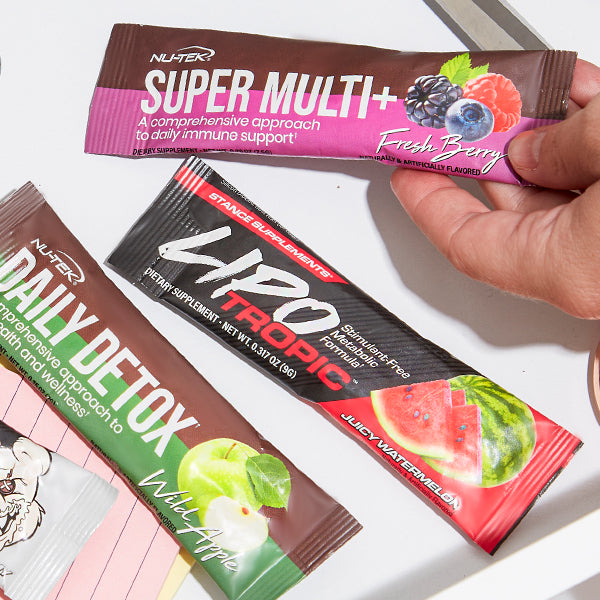Patients have told me that they started taking Vitamin D, and often tout it as the miracle vitamin. They said it supported their joints and improved their mood. Can this really be true?
What is Vitamin D, and what does it do?
Vitamin D works with Calcium to help make strong bones and to keep teeth and muscles healthy. Some studies are showing it may help with weight loss and depression, too.
Vitamin D deficiency is a common problem today. How do you know if you are Vitamin D deficient? Let’s dive in!
Signs that Vitamin D deficiency could be limiting your workouts:
- Help, I’m drained! Although there are many causes of chronic fatigue, Vitamin D deficiency is definitely on the evaluation list. You may need to ask your health care provider about Vitamin D deficiency as this is not on the standard annual physical screening in most geographies.
- My back and knees hurt. Vitamin D deficiency, Omega 3 deficiency, or eating foods you are sensitive to can present as nagging back, knee, or hand pain.
- I just can’t recover from my workouts; my muscle soreness never goes away! While working out too hard without enough rest could certainly be a contributor, so could a lack of D. Vitamin D modulates pain receptor sensitivity.
- How can I work out if I never feel well? Vitamin D deficiency has been associated with your immunity being low.
Why is Vitamin D deficiency so common?
Vitamin D deficiency is very common, as our sources are the sun and a few specific foods. When we go out in the sun, we protect our skin from harmful UV rays with sunscreen, which also blocks out the D.
So which foods can we turn to?
Foods high in Vitamin D include:
- Trout
- Wild salmon
- Mushrooms
- Sardines
- Tuna
- Egg yolk
- Fortified milk (both dairy and non-dairy)
If these foods aren’t frequently in your rotation, supplements can fill the void. Examples include cod liver oil and manufactured Vitamin D supplements.
Should I start Vitamin D supplements today?
While self-diagnosing deficiency seems tempting, Vitamin D is a fat-soluble vitamin. Overdosing can be toxic. Here’s what to do instead:
- Take inventory of how you feel. If you are tired or run down, ask your doctor about Vitamin D deficiency.
- Start including foods that contain Vitamin D. If none of these fit your tastes or preferences, supplements can play a role in bridging the gap for this essential vitamin.
- Vitamin D supplement doses are very individual and change with time. This is why working with your medical provider to monitor levels is key to keeping you running at your best.
---------------
About the Author: Dr. Meredith Butulis is a Sports Medicine Physical Therapist, NSCA Certified Strength and Conditioning Coach, ACSM Certified Exercise Physiologist, NASM Certified Personal Trainer, and Precision Nutrition Certified Nutrition Coach in practice since 2002. She consistently walks the talk as a fitness, physique, and OCR world level competitor and lifestyle transformer since 2006, celebrating many wins along the way. Want more total fitness lifestyle inspiration and interaction? Follow Dr. Meredith on Instagram @Dr.MeredithButulis or join the free “Fitness Focus Fuel” Facebook Group.







